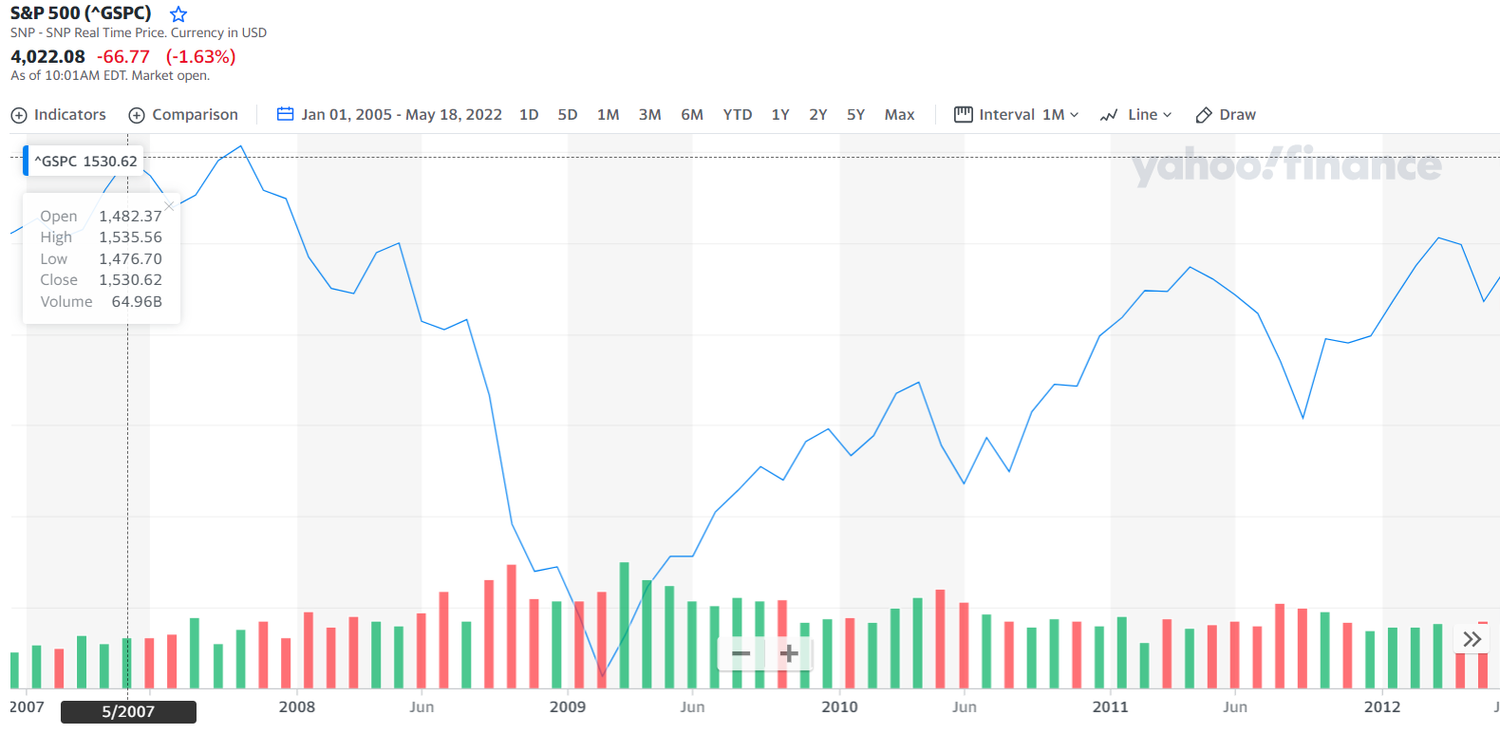What is a Backdoor Roth IRA?
/If you're a high earner, you might have come across the term "Backdoor Roth" - it's often hailed as a strategy to outmaneuver heavy tax burdens imposed by Uncle Sam. Yet, despite its popularity in conversation, it remains largely misunderstood. Let's delve into a clear explanation, one that's easy to digest.
So, what exactly is a backdoor Roth?
It's a tactic used by high earners to contribute to a Roth IRA, even when their income surpasses the limits set by the IRS for direct contributions.
Here's how it typically works:
Make a Nondeductible Traditional IRA Contribution.
Convert to a Roth IRA: After contributing to the traditional IRA, you convert it to a Roth IRA. This conversion, crucially, is allowed regardless of your income level.
Tax Implications: Because the original IRA contribution was made post-tax, there are generally no tax implications from the conversion.
Things to Consider: Before proceeding with a backdoor Roth IRA, it's important to understand the pro-rata rule. This rule can impact the tax treatment of the conversion if you have other traditional IRAs with pre-tax contributions.
For years, there have been discussions in Congress and the presidency about closing this perceived tax loophole. Therefore, a backdoor Roth may not always be an option. It's wise to determine sooner rather than later whether you can participate in this strategy and how to do so effectively.
Fiduciary Financial Advisors is a registered investment adviser. Information presented is for educational purposes only and does not intend to make an offer or solicitation for the sale or purchase of any securities. Investments involve risk and are not guaranteed. Be sure to consult with a qualified financial adviser and/or tax professional before implementing any strategy discussed herein.








